|
Effective in the immersion it creates, Larrain's Spencer deploys a regimented and precisely arranged formalism that enshrouds its main subject in a sense of confinement before she even appears on screen for the first time. Restriction, repetition, and desolation juxtaposed against opulence and power, Spencer is an intriguing psychological horror film in which the lines between reality and perception become entangled. Not a shy film, Spencer's audio and visual techniques aim to be expressive, featuring surrealist flourishes and abrasive non-diegetic sounds in the form of strings to really push the audience towards a sense of understanding of this character's inner turmoil. One could certainly argue the film could have been more subtle but Stewart does great work here that helps alleviate some of Larrain's proclivities to be brash that border on overindulgence and even outright camp. Larrain's use of the close-up is two-fold, providing a sense of intimacy as the camera's gaze attempts to excavate the internalized struggle of Diane while also reinforcing the sense of confinement that enshrouds this film's aesthetic and formal sensibilities. Subservience to tradition and expectation; psychological imprisonment and the lack of release in which spontaneity, autonomy, and even outward displays of affection are suppressed.
0 Comments
Formally and narratively rebellious, much like the film's theme, Red Sorghum is a dazzling historical drama and evocation of resistance. The general character dynamics at play here aim to elucidate the various ways in which the psychology of possession or ownership restricts social harmony. Whether it be through gender, class, or nationalist modes of identity, a thematic throughline of Red Sorghum relates to how humanity's intrinsic desire to possess leads to oppression, subjugation, and inevitably violence. Red Sorghum is a kaleidoscope of color, elemental and expressive, enshrouding this familiar story of a communal act of resistance with a flair for the grandiose and general character dynamics that aim to illuminate with an existential lens humanities propensity for violence and its need to be rid of any modes of social hierarchy spanning gender, class, cultural, etc
Had not seen this since my early 20s and it's clear that I simply didn't appreciate it at the time. Most of my foray into Fulci's oeuvre at that point was more in his overt horror films, and the artistry here escaped me. Given the film's proclivity towards bodily fluids at all the right moments, I'm surprised I didn't like it more back then. Well, what Fulci and co. have crafted here is such a singular aesthetic that perfectly and unapologetically grafts itself onto the sword and sandal, fantasy epic that is an obvious post-Conan cash grab. By obfuscating any direct logic rooted in realism or traditional narrative framing, Fulci creates an otherworldly experience, one in which its lucidity of vision is rooted in the fantastical and nothing else. Is it hard to follow, sure? does it matter? nope! Watching films like this are a constant reminder of the type of ingenuity and clarity of vision that can be embraced beyond traditional modes of narrative storytelling and IP building and the whole industry is honestly depressing at the current moment. This type of visual mosaic is cinema baby!
Transfixing, Ito's visual language is infused with such an assured dynamism and yet there is such an elegance to many of his formal arrangements that Stable Beast manages to wonderfully evoke the melancholy that rests beneath the enrapturing formal panache and rebellious spirit. The confined spatiality of the early entries in the Female Scorpion series takes on a natural progression with Beast Stable, moving entirely to the open urban plane of the city, expanding on its themes of sexual violence and gender imbalance by enlarging the arena to craft a grand mosaic. The blue-hued cityscape and neon-soaked alleyways of the urban vistas exhibit the same anguish, anger, desolation, and retribution but Beast Stable is told through a more somber lens of collective feminine trauma. The sadness that permeates throughout this film is palpable, this milieu of these women feels insurmountable. The pervasive effects of sexual violence, the collective female consciousness, and retributive justice told with such command of the visual medium that is cinema
Onwards. Hogg's directorial vision here is exquisite, The Souvenir Part II really feels like a seamless extension of the first film that expands on its predecessor, ruminating on the internal vs. external nature of life, the fine-line between authenticity and performance, and self-expression as a means of therapy and release through an intimate and precise formal design. Impeccably crafted, impressionistic in all the right moments, and with surprisingly comedic moments that offer moments of levity, The Souvenir Part II is so painfully honest about trauma and the difficulty and necessity of overcoming it through internal reflection and external expression. Avoiding the temptation to be obvious in one's art is essential in order to be authentic, as life itself is never anything but full of complexities and multitudes. Hogg continues to be one of the most impressive contemporary filmmakers when it comes to consciousness, creativity, and the processes which link them.
A deeply humanist work shrouded in Anderson's signature artifice, The French Dispatch features what is perhaps his most extravagant and accomplished aesthetic yet beneath it's general playfulness and irresistible charm lies one of the filmmakers most thematically incisive efforts, navigating social, personal, and political arenas to deliver a rather singular ode to the written word. To say the French Dispatch is a celebration of journalism is accurate but not particularly precise, as what Anderson has really crafted through this narrative tableau is an ode to observation and expression, encapsulating quite wonderfully how personal documentation, experience, and observation often helps codify our collective understanding of the past which may not be so clear in the present. It's so meticulous one may find it to lack emotional resolve but I can't particularly relate as I found it to be deeply effective on an emotional level. Life is chaos, the divides which exist are plentiful, and what connects all these characters is their shared mode of expression as they attempt to make sense of a nonsensical world.
Quite intimate and incisive. I've seen people mention how this film encapsulates a time and place, yet Ferny & Luca transcends any type of coming-of-age motif. It's a film that seems to understand both the internal and external complexities that come with living, loving, and connection and the internal struggle between the mind and the heart. The low-fi aesthetic grounds it in realism and the New York setting projects a cultural, spatial specificity. but Ferny & Luca is also imbued with larger existential aspects that transcend the material. It seems to understand that growing up is a social fabrication, and feelings can be hard to decipher internally, let alone the difficulty often associated with expressing them. Emotion is illogical, yet logic in itself is often nothing but an abstraction constructed by the social. Devoid of any type of formal asceticism, Ferny & Luca has a vibrancy to its film language, it's playful and emotive, and at its best - particularly in the back half - it deploys more avant-garde arrangements which evince the underlying spirituality in its dissection of relationships and the give-and-take both internally and externally with oneself and others that define them. Also, when Ferny refers to The Matrix on tv as "Kung Fu Shit, I don't know", I cackled.
A sharp debut, Yoon Dan-bi's Moving On is a beautifully rendered familial story that traverses the coming of age motif with a subtle conviction that feels like it could only come from a deeply personal place. Koreeda comparisons are apt but Dan-bi's authorship is very much her own, exhibiting an innate ability to project the interiority of these characters through visual design rooted in naturalism and experience - there is little artifice to be found here. The spatiality of the family home is beautifully expressive due to an acute directorial vision. Interior spaces reverberate with the understated emotional strife of these characters, both young and old who attempt to navigate the realities of life in which personal attainment and desire often conflict with the external nature of communal living. From the economic to the social, our reality is full of barriers that are completely out of control, and what Moving On crafts through its coming of age framework is a story that is never contrived, deeply personal, but wonderfully universal. Life is about compromise, mortality sculpts empathy, and Moving On never feels the need to expound its ideas, it trusts that the viewer will relate to the experience, and given how astute the film is at detailing the small transgressions and unspoken familial conflict that arises in an honest and understated way, I can't imagine this film not leaving an emotional mark on anyone who experiences it.
"Dying isn't so bad, everyone has their worries"
Desolate spaces void of vibrancy or life enshroud Soi Cheang's New Blood, an impeccably crafted and effective chiller that builds a world of dread and uncertainty in which the lines between the material world and metaphysical coalesce. The densely populated urban area of Hong Kong is ostensibly reduced to a barren landscape of disparate souls adrift. New Blood's intentions towards dread induction are wonderfully juxtaposed with this feeling of unbearable sadness and solitude, one in which the commonality between flesh and blood is severed by the conditions of modernity. For Cheang, the supernatural world is just an extension of our material reality, blood binds us beyond notions of mortality and nothing is more terrifying than being alone, detached from others - in this world or beyond. We are social creatures after all. Godfrey Cambridge gives such a magnetic, pitch-perfect performance that really makes this film a highly infectious farce that is pointed, playful, and provocative - particularly for a studio film. Watermelon Man feels like an important film for Van Pebbles's progression as an artist, resting at the fulcrum between Three-Day Passes more spontaneous, french new wave sensibilities and the polemic, exploitation stylings of Sweet Sweetback’s Baadasssss Song. Bridging the gap between the two, so to speak, Watermelon Man is cutting, yet the comedic facade feels in retrospect as if Peebles intended to use farce to elicit social awareness on issues of race and after having the little impact. despite it being a studio film, his interest in sculpting something comforting for white America in the hope of creating a sense of mutual understanding slowly dissolved into pure polemics, and to be clear, rightfully so. Watermelon Man is just so rich in its social commentary. Van Peebles was such a maverick whose impact still reverberates today.
|
AuthorLove of all things cinema brought me here. Archives
June 2023
|
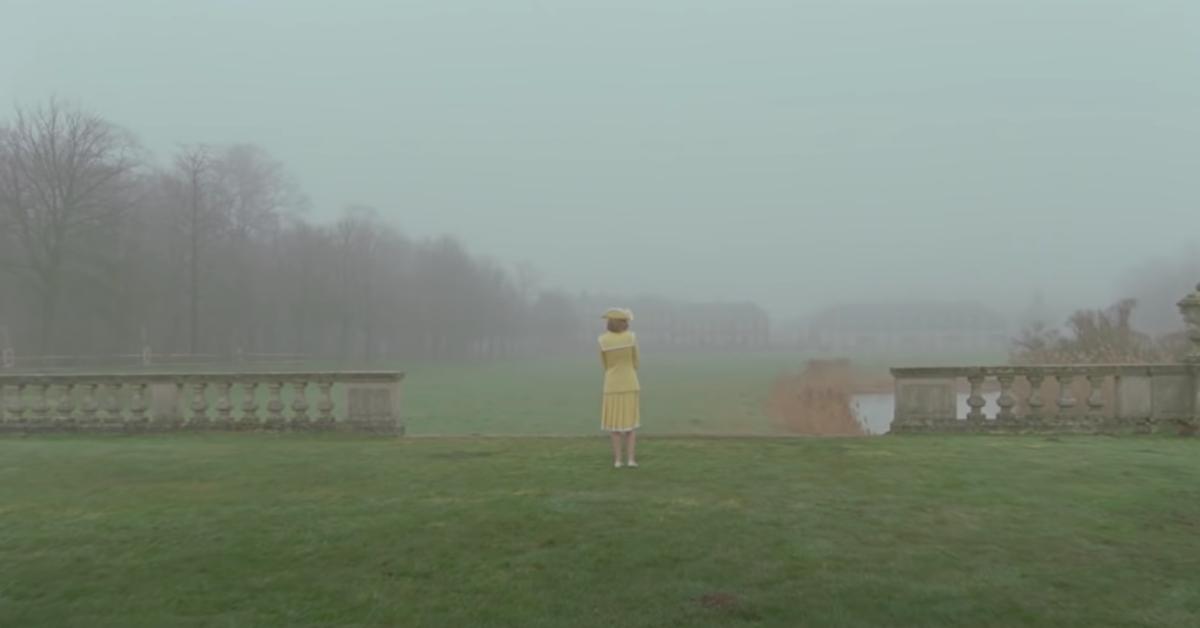

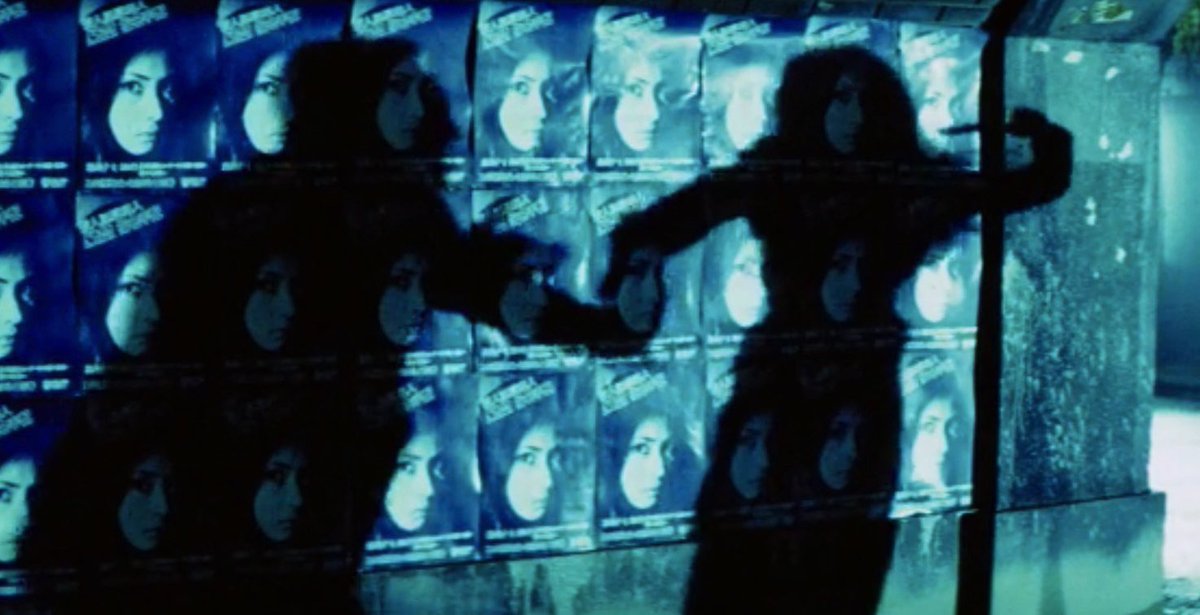
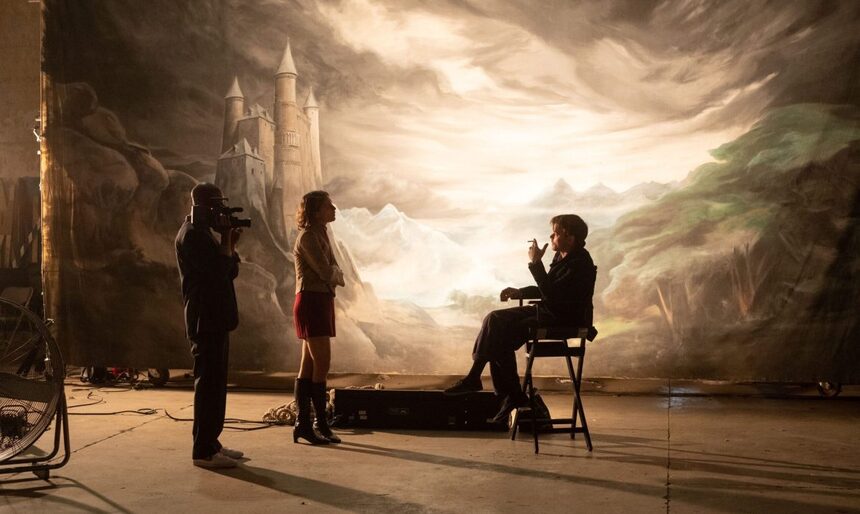
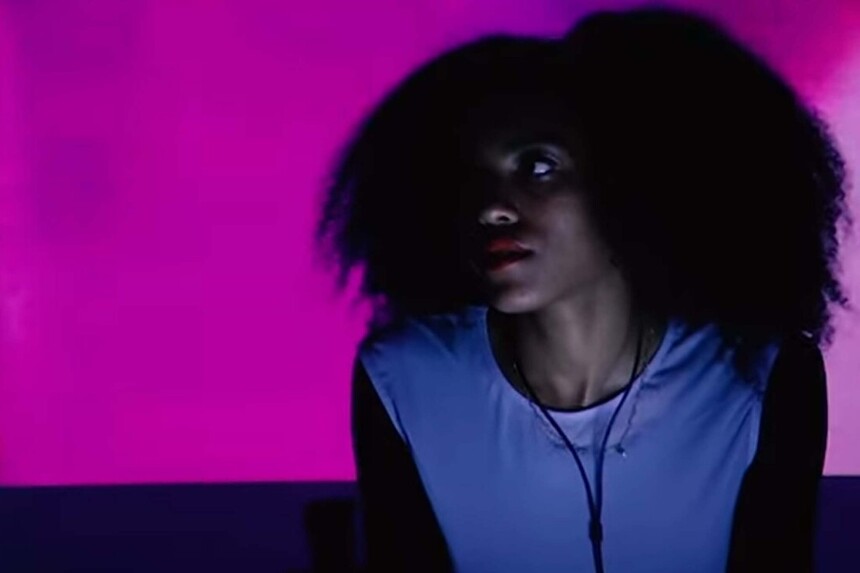
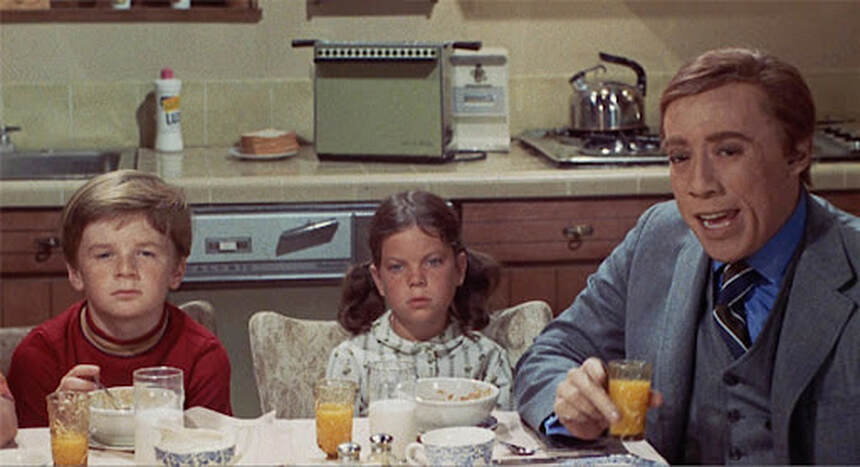
 RSS Feed
RSS Feed
